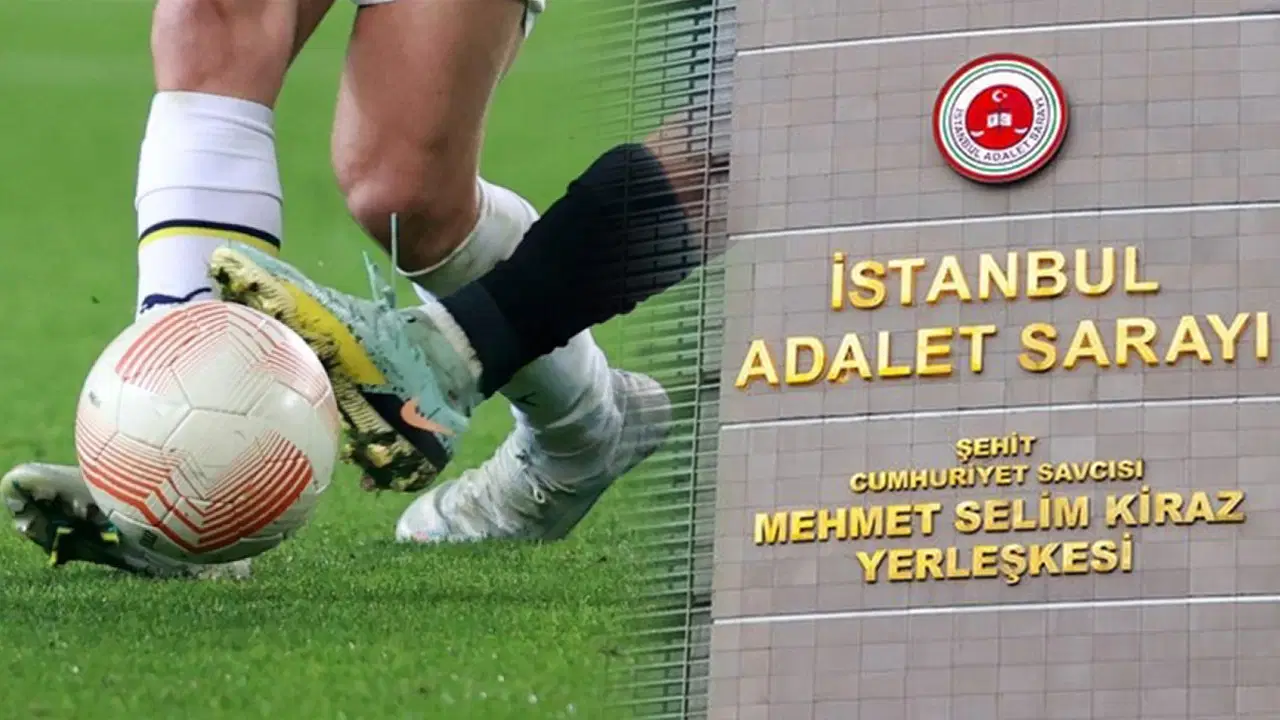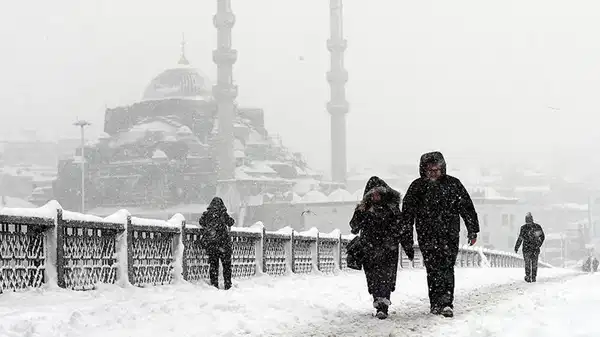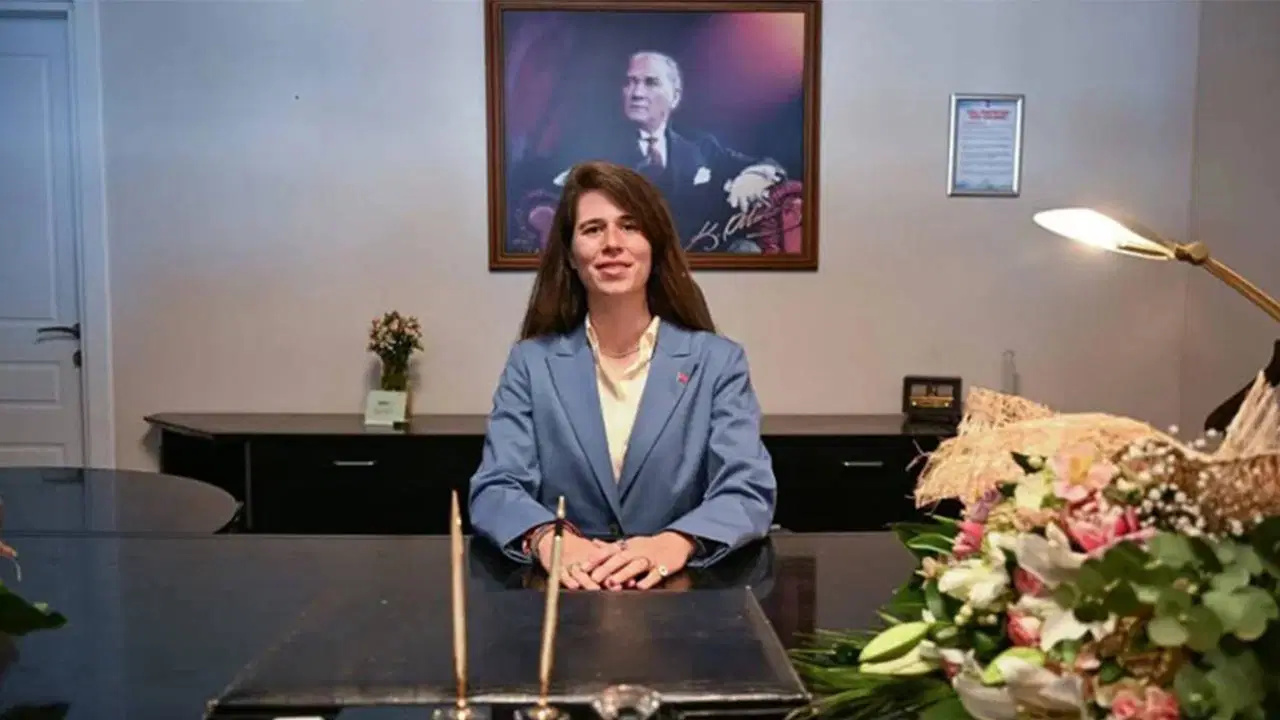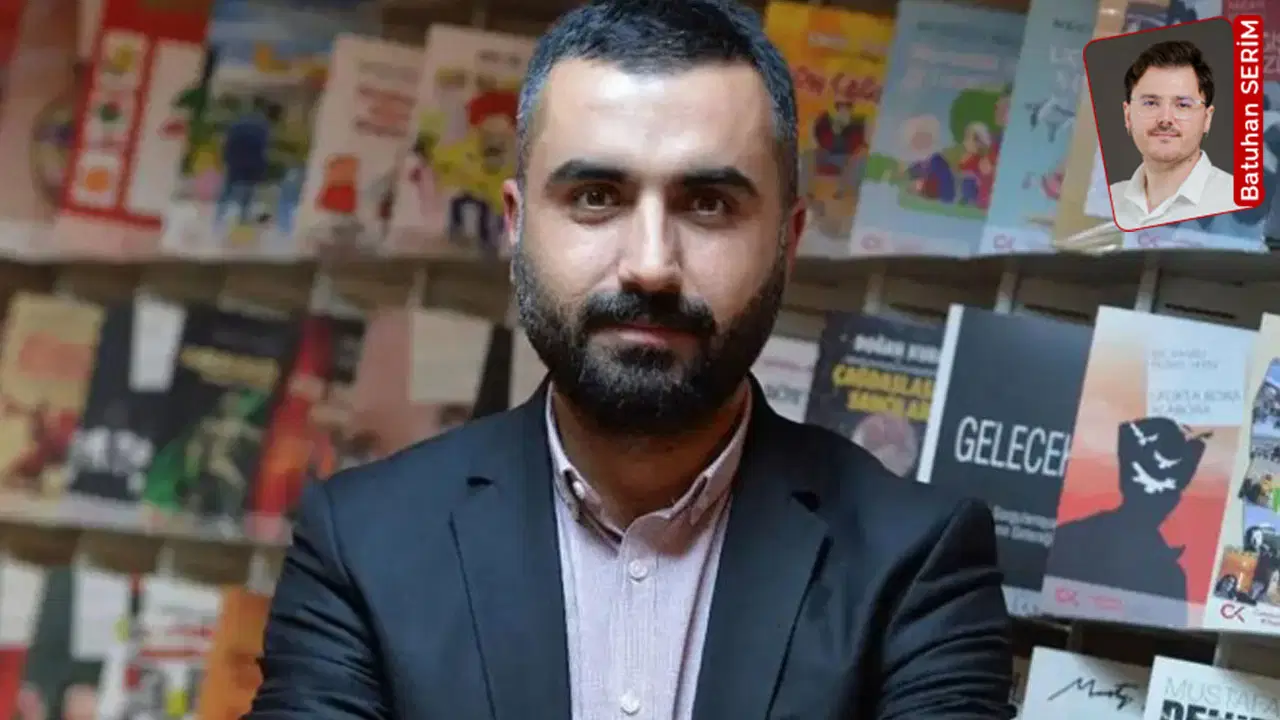 The visit that President Tayyip Erdoğan made to Sudan, Chad and Tunisia was his fifth Africa tour since becoming president in 2014. Prime-Minister Binali Yıldırım also went to Saudi Arabia, his visit coinciding with that made by Erdoğan on 24-27 December. The aim of the visit to Saudi Arabia, known to be the Arab world’s guardian, was essentially to assuage concerns over Erdoğan’s Red Sea opening. However, despite these efforts, the question marks have not ended in the Arab world.
The visit that President Tayyip Erdoğan made to Sudan, Chad and Tunisia was his fifth Africa tour since becoming president in 2014. Prime-Minister Binali Yıldırım also went to Saudi Arabia, his visit coinciding with that made by Erdoğan on 24-27 December. The aim of the visit to Saudi Arabia, known to be the Arab world’s guardian, was essentially to assuage concerns over Erdoğan’s Red Sea opening. However, despite these efforts, the question marks have not ended in the Arab world.
In the difference of opinions that has continued between the Arab world and Ankara since the change of government in Egypt, the Jerusalem policy that Turkey has followed of late is causing further discomfort. It is known that, along with his references to the Ottoman period, Erdoğan’s pronouncements, “If Jerusalem goes, we will be unable to defend Medina. If Medina goes we will be unable to defend Mecca. If Mecca goes we will also lose the Kaaba” and Turkey’s interest in the region are causing great discomfort in Riyadh. The Gulf countries, not least Saudi Arabia, want to develop relations with Turkey on the basis of shared interest and not historical and religious ties.
Here are the concerns being voiced over Turkey’s foreign policy in the Arab world, which closely followed Erdoğan’s and Yıldırım’s visits:
Door opened to al-Bashar: Al-Bashar’s policies of genocide against Muslims in Darfur have been ignored by Turkey. Turkey, which, at the time of the summit in Istanbul in 2008 sent a last-minute message to al-Bashar telling him not to come in view of the International Court of Justice’s arrest warrant, this year hosted al-Bashar at the Organisation of Islamic Cooperation. Erdoğan, announcing at the time that a letter had been sent by the court to Turkey calling for his arrest, said, “Such a thing can only be laughed at” and said Turkey was not a member of the International Court of Justice. In fact, the UN Security Council had passed a resolution calling for the International Court of Justice decision to be implemented and issued an appeal to all countries.
Photograph with coupist: During the visit Erdoğan made to al-Bashar, the AKP came into contradiction with the stance it has voiced for years of opposition to coupists. For, with Erdoğan rejecting Egyptian Head of State Sisi accusing him of being a coupist, he had no qualms about shaking hands with al-Bashar, who took over as head of state following the coup in 1989. Opposition parties in Sudan refuse to participate in elections over al-Bashar’s policies.
Ottoman protest in Sudan: Erdoğan’s visit to Sudan did not pass without event. The Ummah Party, known as being Sudan’s main opposition party, published an announcement saying that Erdoğan should apologise for Ottoman polices on Sudanese territory. It continued to voice discord over the assigning of Suakin Island to Turkey.
Military cooperation: On the Sudan visit, the biggest question mark in the Arab world was raised over the tripartite meeting of the Sudanese, Turkish and Qatari chiefs of the general staff. In common with Erdoğan, the Emir of Qatar was also in the African continent last week. Even if Erdoğan argues that Sudan can be Turkey’s gateway to Africa, Sudan’s relations with all its neighbours are problematic; its problems with South Sudan, Ethiopia and Egypt are known. It was also notable that, even though Turkey has troops stationed in South Sudan, Erdoğan made no visit here. Erdoğan’s visit is being read in the Arab world as a move to encircle Saudi Arabia and there is also concern over Turkey establishing a military base on Suakin Island in Sudan following Somalia and Qatar. The island was known as the Ottomans’ strategic base in the region.
Erdoğan protest by journalists: One day before Erdoğan’s visit, Tunisian journalists staged an action to protest Erdoğan’s treatment of journalists and media outlets in front of the bar association.
Military agreement: Erdoğan also signed a military agreement with Tunisia. Under this agreement that envisages cooperation in the military area, Tunisian soldiers will be trained in Turkey and investment will be made in the area of defence.
Harsh words from the UAE targeting Turkey and Iran!
Harsh words were voiced over Ankara and Tehran by Anwar Gargash, Minister of State for Foreign Affairs of the United Arab Emirates (UAE). Gargash commented in a Twitter message the day before yesterday, “The Arab world is at an impasse, and the solution is to cooperate in the face of surrounding regional ambitions. The sectarian and partisan approach is not an acceptable alternative. The Arab world will not be led by Tehran or Ankara.” Within this context, he mentioned the importance of an alliance with Riyadh and Cairo in the geostrategic competition within the region. He stressed the need for Arab unity. It was noteworthy that this message coincided with Prime-Minister Binali Yıldırım’s visit to Saudi Arabia. Currently, the Qatar crisis has been accompanied by a heightening of the tension in the strained relations between the UAE and Turkey. In the latest incident, last week United Arab Emirates Foreign Minister Abdullah bin Zayed Al Nahyan’s description of the hero of Medina, Fahreddin Pasha, as a “thief” elicited a strong reaction from Turkey.
http://www.cumhuriyet.com.tr/haber/dunya/894724/Arap_dunyasinda_Erdogan_kaygisi.html















